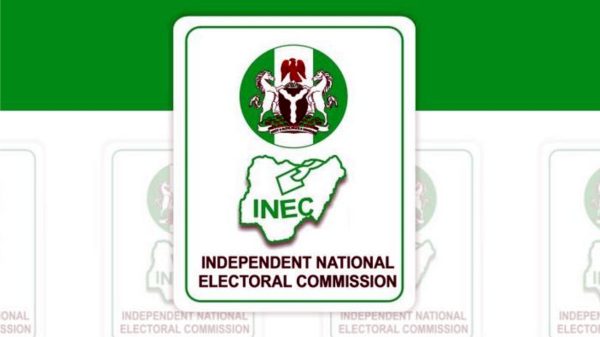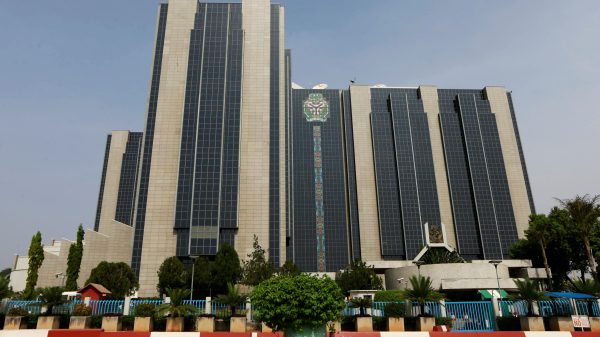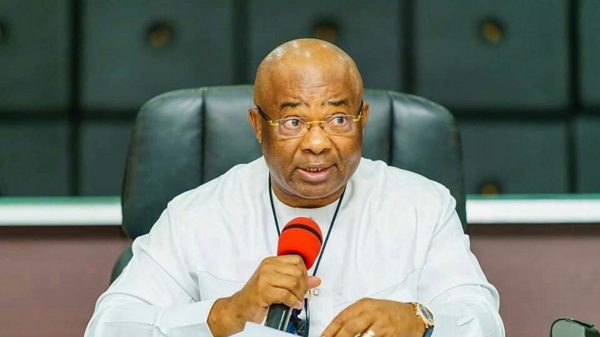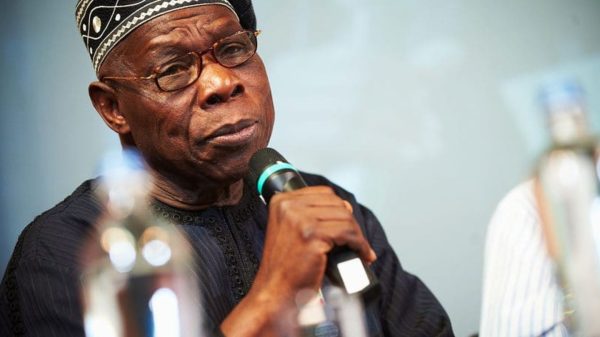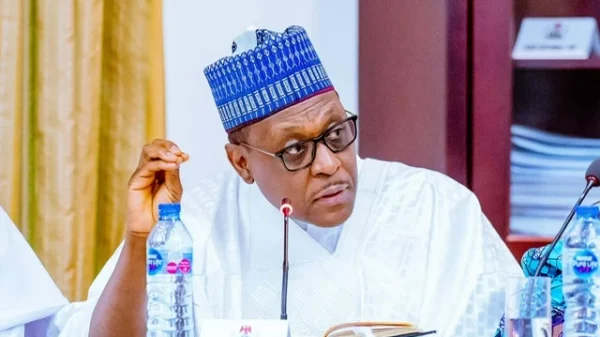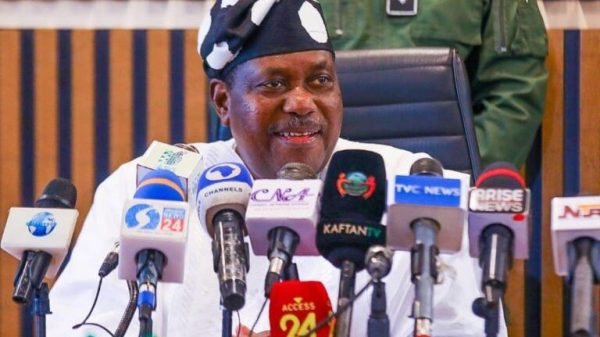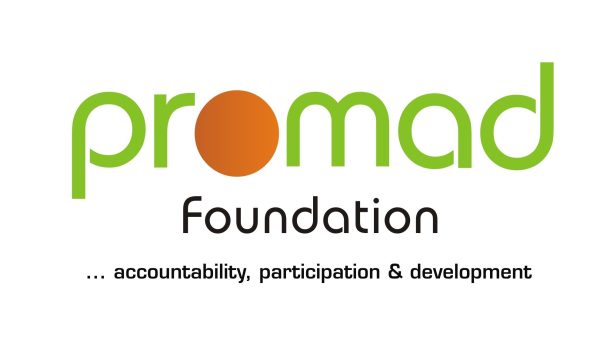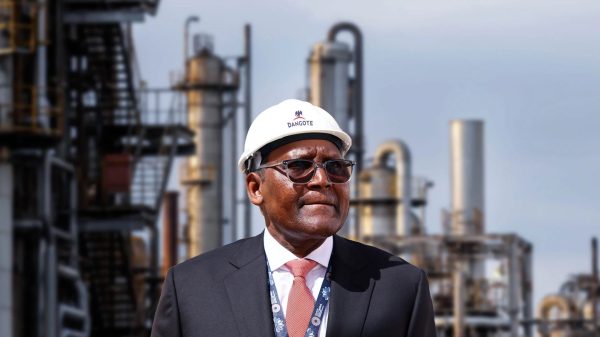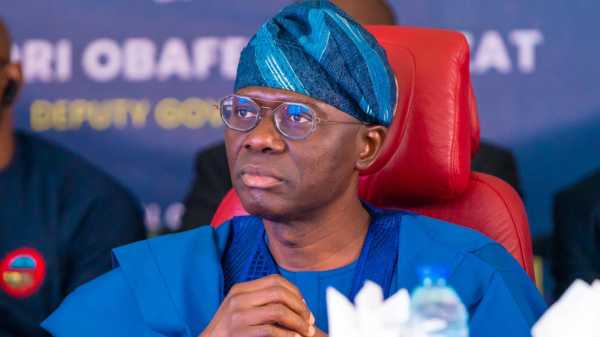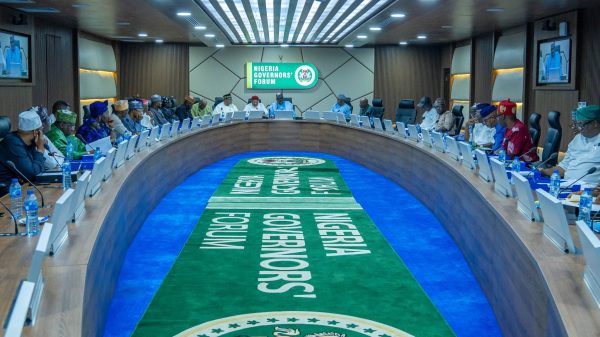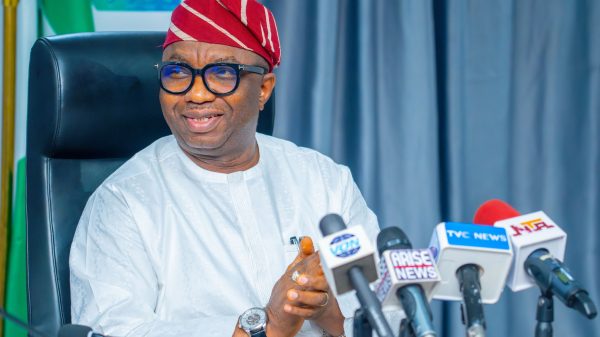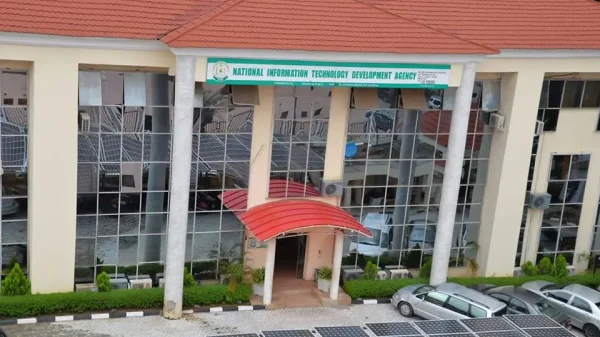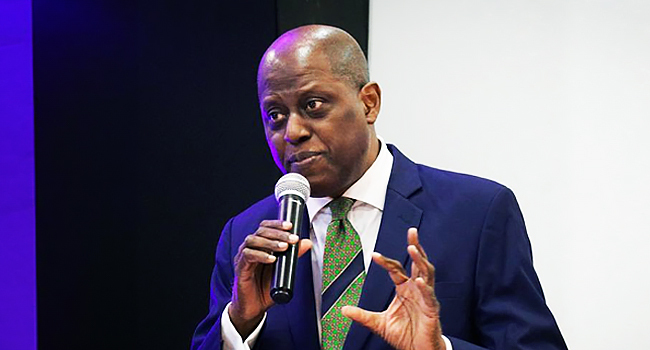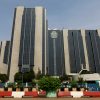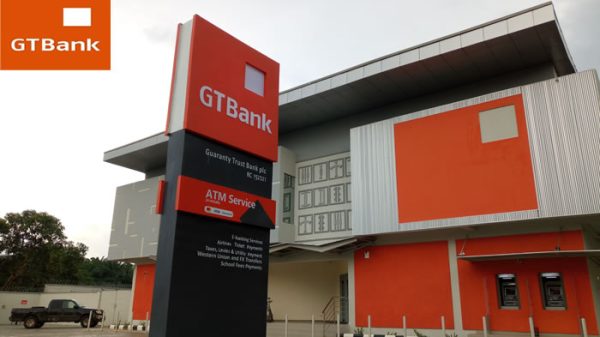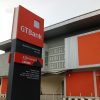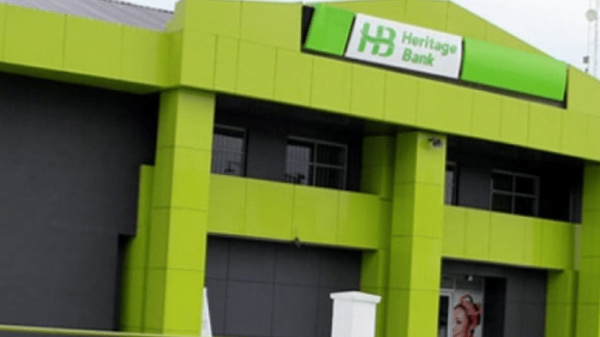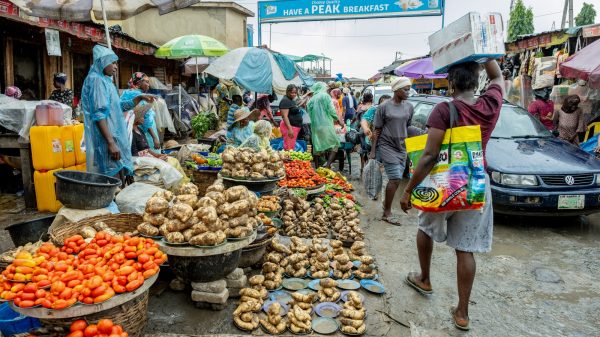Abuja, Nigeria
Olayemi Cardoso, governor of the Central Bank of Nigeria, says the huge purchases of food items by the government as palliatives for distribution to vulnerable citizens contribute to the rising food inflation in the country.
Cardoso stated this in his contributions during the March Monetary Policy Committee (MPC) meeting, published on the CBN website on Monday.
In March, the MPC raised the monetary policy rate (MPR) which is known as the interest rate to 24.75 per cent from 22.75 per cent to tackle inflation.
But the National Bureau of Statistics (NBS) in the Consumer Price Index report released in April, the country’s inflation rate moved upward to 33.2 per cent in March.
According to the report, the food inflation rate also moved upward 40.01 per cent, with a year-on-year increase of 15.56 percentage points from 24.45 per cent in March 2023.
Cardoso in his contribution, said that the inflationary pressure had failed to abate despite notable stability in the foreign exchange market.
“Despite notable stability in the foreign exchange market resulting from decisions taken at that 293rd MPC meeting, inflationary pressure remains unabated. While there is the argument that the significant tightening since the last MPC meeting is yet to fully permeate the system and yield its expected impact, the risk of galloping inflation persists,” he said.
“If such a hyperinflationary scenario is to become reality, available options to control inflation could be severely constrained. From the facts presented to the MPC, there is a clear indication that the monetary factors contributing to inflation are diminishing in their significance.
“This could be considered as evidence of the impact of decisions reached at the 293rd MPC meeting. Staff reports show that the principal drivers of acceleration in inflation are hikes in food and energy prices which are associated with structural factors.
“Further, new dimensions of inflationary pressure are emerging. First, ‘seller inflation’ arising from the oligopolistic structure of commodity markets, as noticed in the prices of local commodities, is gaining significance.
“In addition, huge purchases by the government for distribution as palliatives to vulnerable citizenry is adding another dimension to the food price inflation, with seasonal factors of food price increases during religious fasting and festive periods, adding price cyclicality.”
The apex bank governor, said the new sources of inflation are better addressed by the fiscal authorities to complement the efforts of monetary policy.








